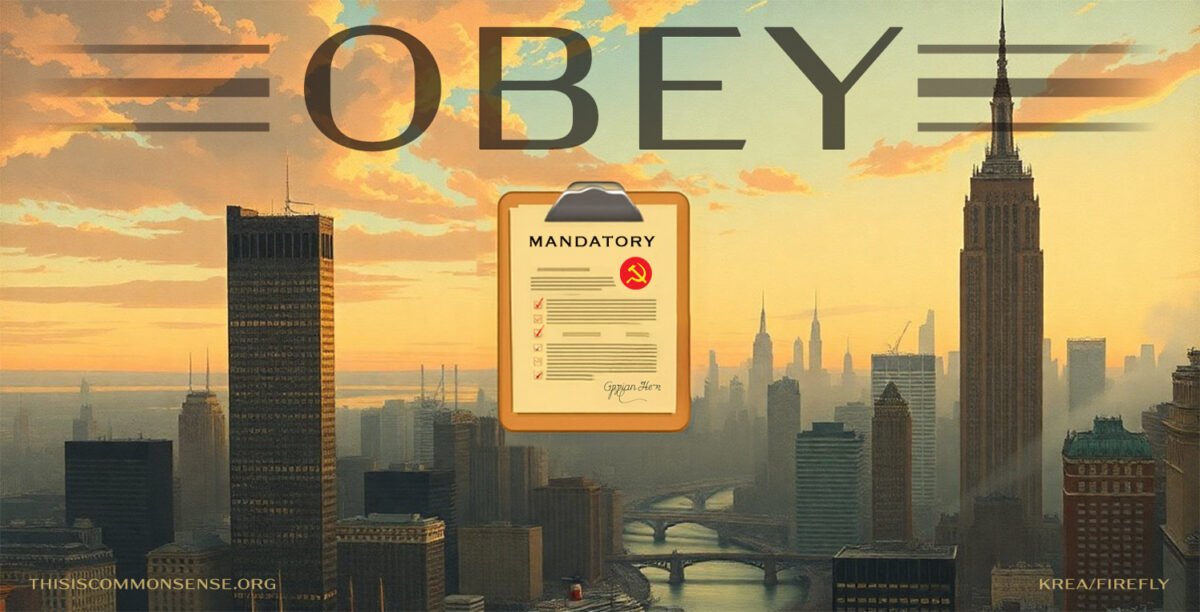The title of Robert Bidinotto’s bracing new collection, Rebel in Eden: The War Between Individualism and Environmentalism, may occasion objection to the word “environmentalism.”
Of course, if “environmentalism” pertained only to how best to reduce pollution and litter and so forth, who would have need to combat it? Freedom-minded individualists, for example, would debate means, not ends.
But that’s not the kind of thing that the environmentalists themselves — or “radical environmentalists,” to distinguish them from people who manage cleanup crews — focus on.
Radical environmentalists regard humanity as a blight on the face of the earth; they regard nature as an end itself (an “intrinsic value”) that should be left alone regardless of the cost to that mere interloper, man. In their view, plants and animals have “rights,” men and women do not; mining is “raping” the earth — all documented here.
These are issues that Bidinotto has been reporting on and analyzing since at least the early 1980s, in places like the On Principle and Intellectual Activist newsletters and Reader’s Digest. So this collection has been in the making for some forty years.
Some of the don’t‑miss essays: “Death by Environmentalism,” “The Great Pesticide Panic,” “Animal Rights: A New Species of Egalitarianism,” “Global Warming and the New Totalitarianism,” “California, Thank Environmentalism for Your Wildfires,” “Environmentalism or Individualism?” I might list the whole table of contents.
Take a look. Bidinotto, by the way, has also contributed a piece “On Courage” to our sister website, StoptheCCP.org.
This is Common Sense. I’m Paul Jacob.
Illustration created with Nano Banana
See all recent commentary
(simplified and organized)
See recent popular posts










